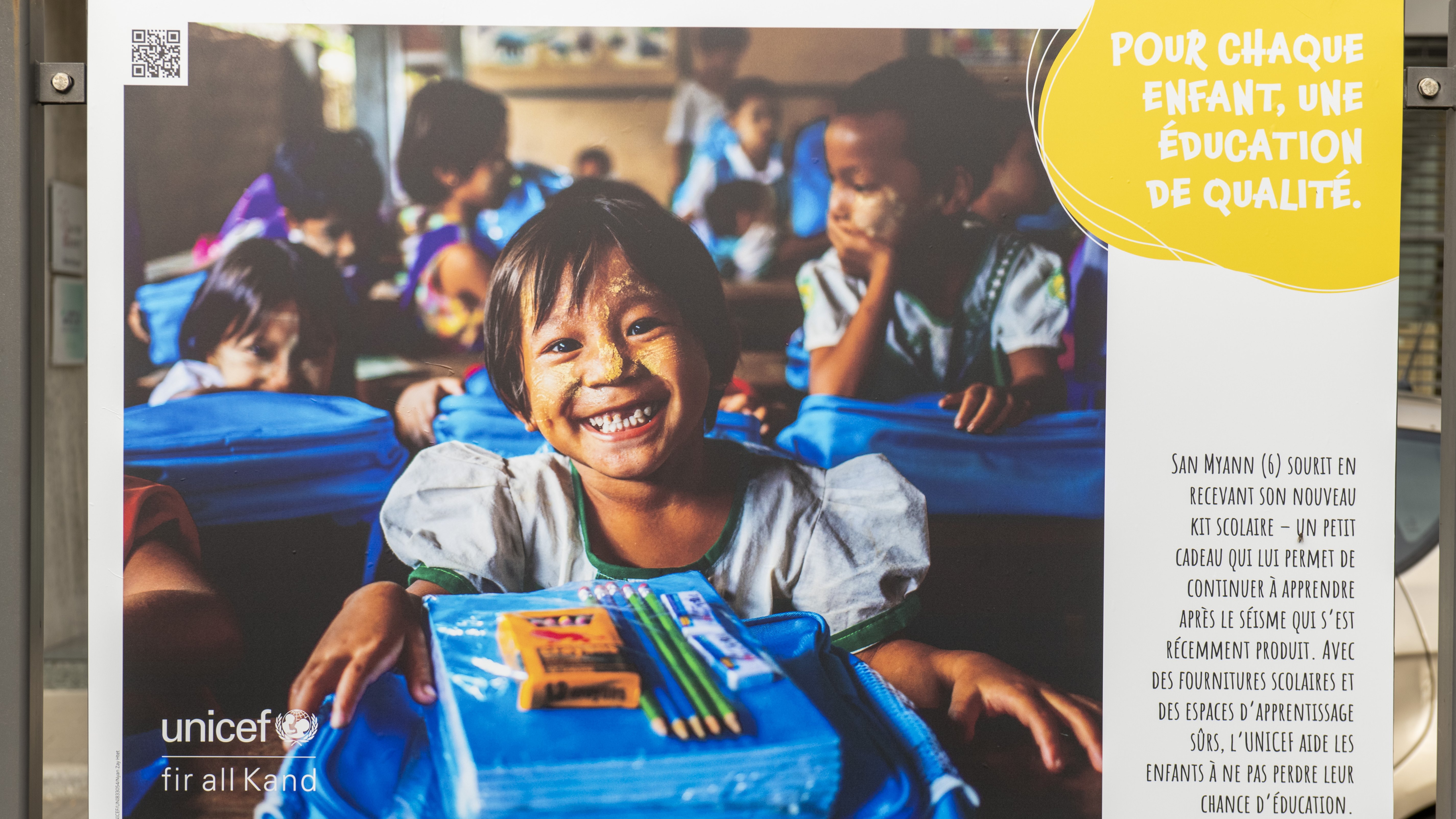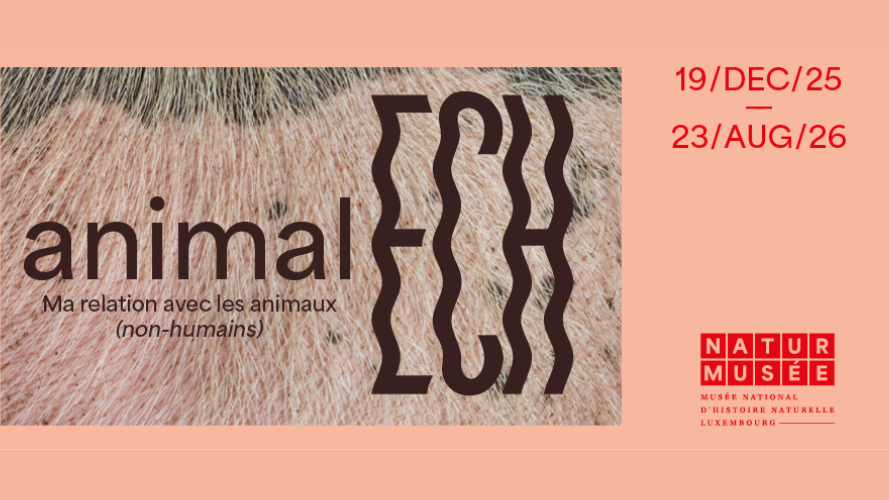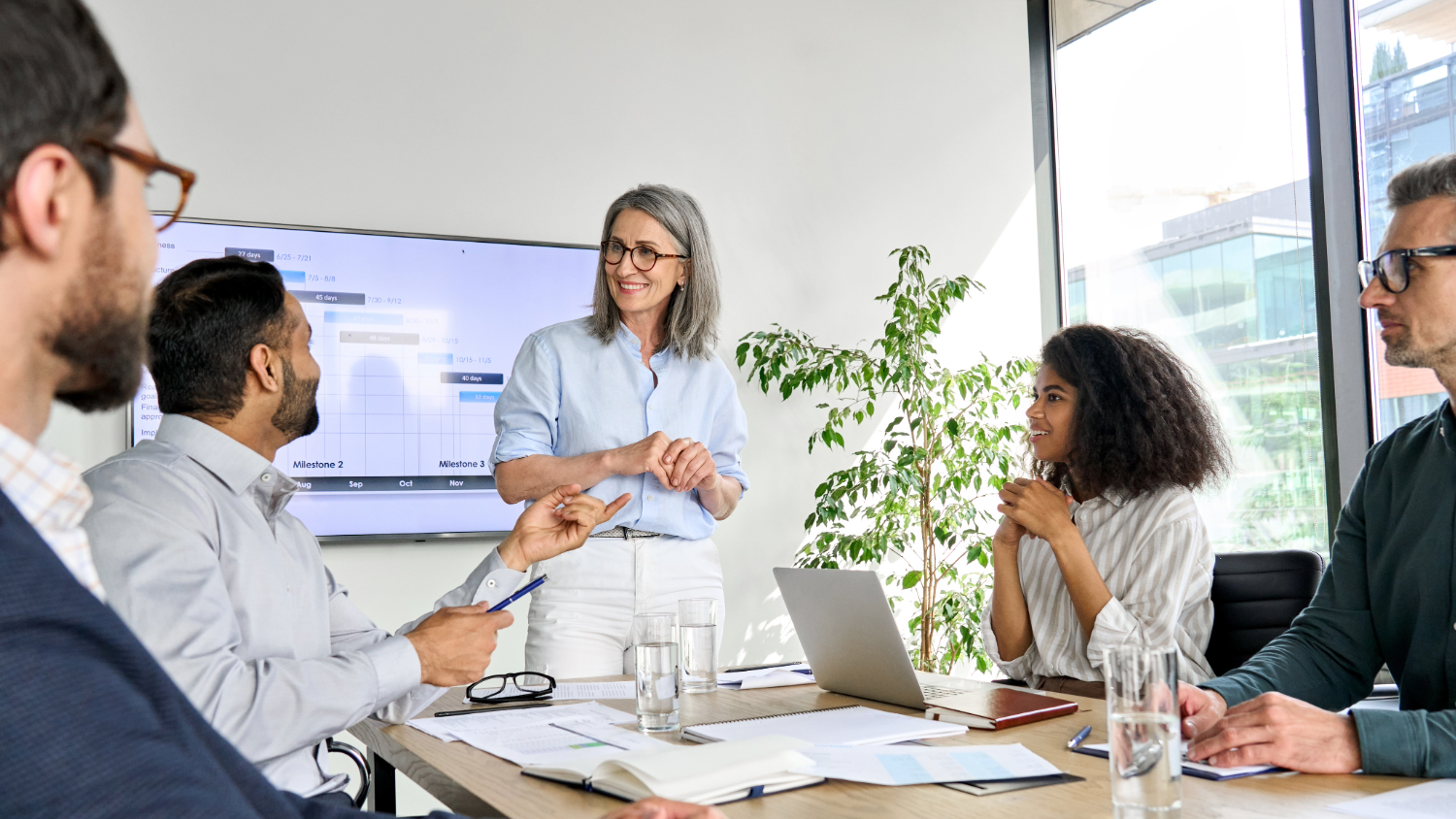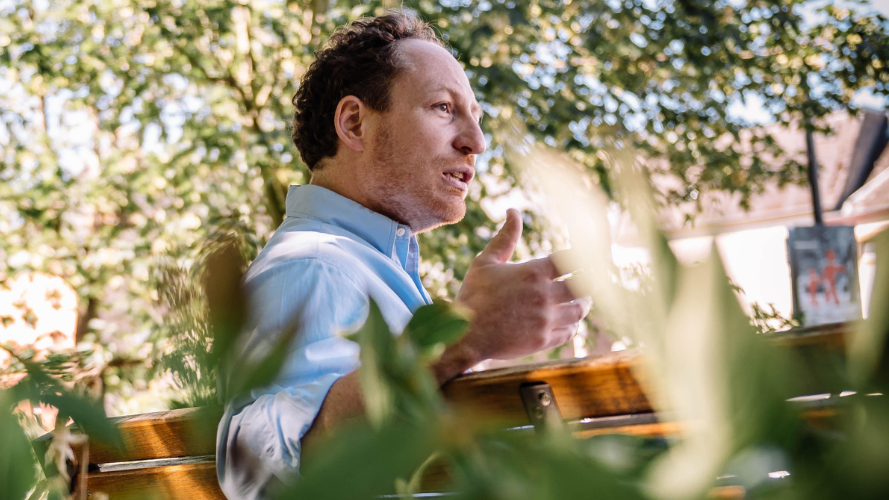
The planet at the center of the debates
Climate change is creating a range of problems, jeopardizing our planet’s biodiversity and causing social injustices. It is in this context that the Plaidons Responsable team by Caritas Luxembourg is organising a cycle of 4 lunch-debates with Francesco Sarracino.
These challenges are proof that our economic model based on linearity and economic growth can no longer work. There is a pressing need for alternative systems as society becomes increasingly aware of the climate emergency.
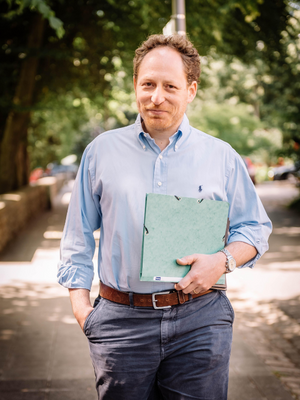
Evidence shows that we can grow our GDP whilst moving towards a human economy, more focused on people’s well-being and more respectful of our planet.
It is in this context that the ‘Plaidons Reponsable’ team by Caritas Luxembourg is organising a cycle of 4 lunch-debates with Francesco Sarracino.
Francesco is an economist and expert on well-being and quality of life. He will present a model of society in which the people and social relations are at the centre of the system, where environmental protection and sustainable development are in harmony with the well-being of society. In addition to this alternative model of society the topics of consumption, well-being and social progress will be addressed.
We invite and encourage everyone, regardless of their profile and background, to attend these discussions which concern us all. We especially urge policy makers and business leaders to attend as we ought to convince them to reconsider their objectives and to consider a different way of making decisions. The audience will also have the opportunity to take the floor to ask questions or express their opinion on Francesco’s ideas in a debate that will follow the presentation. All this will be done over a selection of vegan sandwiches offered by Caritas.
Please find a teaser of each of the lunch-debates below.
1. Happier and sustainable. Possibilities for a post-growth society
Sustainability is possible and does not have to cost the well-being of current generations.
Social and environmental degradation are consequences of emphasizing GDP as a measure of progress. By empowering people to pursue their own well-being, we can benefit the environment, enable collective action to address public issues, and this in turn positively affects productivity and health, thereby instilling a virtuous cycle for a peaceful and respectful coexistence with other species on Earth. Promoting cooperation and social relations is the starting point of a new definition of social progress, one in which people’s ability to enjoy life is decoupled from what they have.
2. Consumption and well-being
Consumption has a leading role in people’s lives. Its decrease is as important for sustainability as it is unpopular. In this seminar, we will discuss the role of money for well-being, and some of the drivers of consumption. We will also discuss why unhappiness, poor health, loneliness, stress, long working hours have become the characteristic features of modern, affluent societies. Various examples and evidence from empirical studies will illustrate defensive growth mechanisms in developed and developing countries. Understanding the causes of modern consumption and its relation with our well-being is the first step towards socially and environmentally sustainable societies.
3. An alternative explanation of unsustainability
People’s greed and lack of care for future generations are usually seen as the origin of unsustainability and of the environmental tragedies of our time. Defensive growth theory provides an alternative explanation to unsustainability : the more people care for the environment and for future generations, the more they can adopt behaviors that harm the environment. This paradoxical outcome is possible when collective action is impossible : the less people believe that others and the institutions can be trusted to do their part in a collective effort, the more they will turn to private solutions that ultimately harm the environment. This suggests that promoting trust and social relations facilitates the uptaking of environmentally friendly behaviors and complying with public policies.
4. A virtuous cycle
Neo-humanism offers a new narrative for social progress, and a cohesive reform of modern societies. Neo-humanism is a movement informed by quality of life studies to put humankind and the environment at the center of societies’ attention. It re-discovers the foundations of what makes a life worth living and proposes to organize modern societies accordingly. The basic idea is that it is possible to establish a virtuous cycle whereby promoting social relations is the first step to promote well-being, protect the environment, and promote productivity in a self-reinforcing loop. Economic growth will become a desirable, but not necessary consequence of humans’ activity, while people’s ability to enjoy life will be independent from the resources they own.
Schedule
- Thursday October 6 from 12 p.m. to 2 p.m.
- Wednesday October 19 from 12 p.m. to 2 p.m.
- Tuesday, November 8 from 12 p.m. to 2 p.m.
- Wednesday November 23 from 12 p.m. to 2 p.m.
Place : House of Startups – The Big Bang
Registration on Eventbrite :
– Lunch Debate cycle on happiness and sustainability (1/4) Tickets, Thu 6 Oct 2022 at 12:00
– Lunch Debate cycle on happiness and sustainability (2/4) Tickets, Wed 19 Oct 2022 at 12:00
– Lunch Debate cycle on happiness and sustainability (3/4) Tickets, Tue 8 Nov 2022 at 12:00
– Lunch Debate cycle on happiness and sustainability (4/4) Tickets, Wed 23 Nov 2022 at 12:00
Event in English
Et voici un petit aperçu des débats, en version française
Le changement climatique crée une avalanche de problèmes pour la biodiversité de notre planète et provoque des injustices sociales. Ces défis sont la preuve que notre modèle économique basé sur la linéarité et la croissance économique ne peut plus fonctionner. Cela devient donc un besoin pressant d’avoir des systèmes alternatifs surtout que la société prend de plus en plus conscience des enjeux de l’urgence climatique. Les preuves montrent que nous pouvons continuer à croitre notre PIB tout en progressant vers une économie humaine plus centrée sur le bien-être et plus respectueux de notre planète.
C’est dans ce contexte que l’équipe Plaidons Responsable de Caritas Luxembourg organise un cycle de 4 lunch-debate avec Francesco Sarracino. Économiste et expert sur le bien-être et la qualité de vie. Il proposera un modèle de société dans lequel l’être humain et les relations sociales sont mis au centre du système et où la protection de l’environnement et le développement durable est en harmonie avec le bien-être de la société. En plus de ce modèle alternatif de société, les sujets de la consommation, le bien-être et le progrès social seront abordés.
Nous invitons et encourageons toute personne, peu importe votre profil et votre parcours à venir assister à ces discussions qui nous concernent tous. Nous sollicitons tout particulièrement les décideurs politique et responsable d’entreprises afin de revoir leurs objectifs et d’envisager une autre façon de prendre des décisions. L’audience aura également l’occasion de prendre la parole pour poser des questions ou exprimer son opinion sur les idées de Francesco lors de l’ouverture d’un débat qui suivra la présentation. Le tout ce fait autour d’une sélection de sandwich végétalien offert par Caritas.
Plaidons Responsable de Caritas Luxembourg
Photos : ©Fanny Krackenberger


